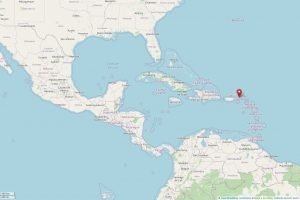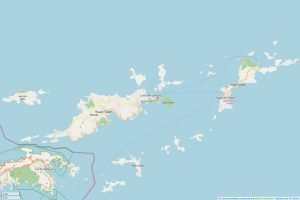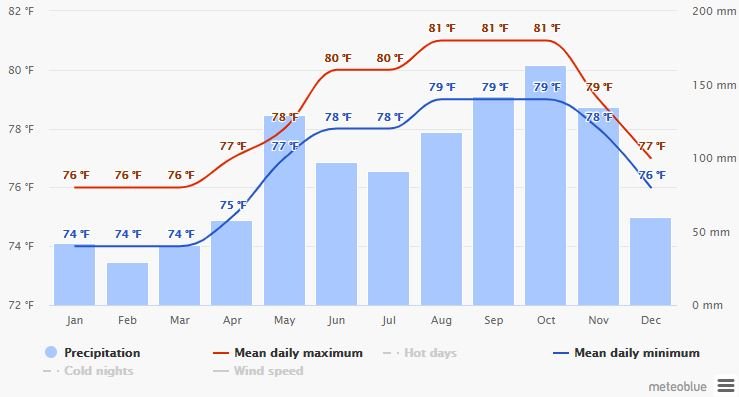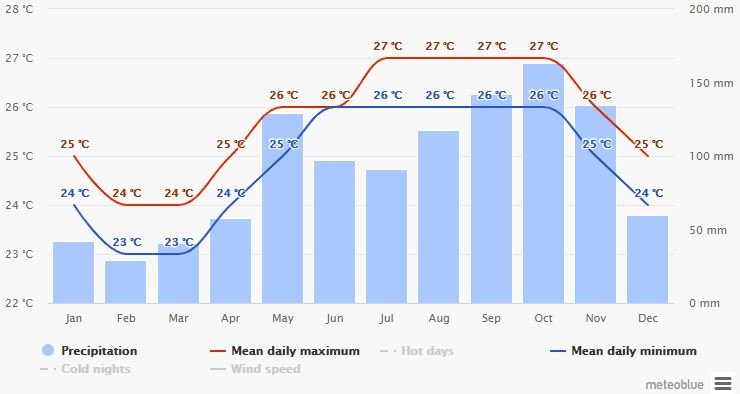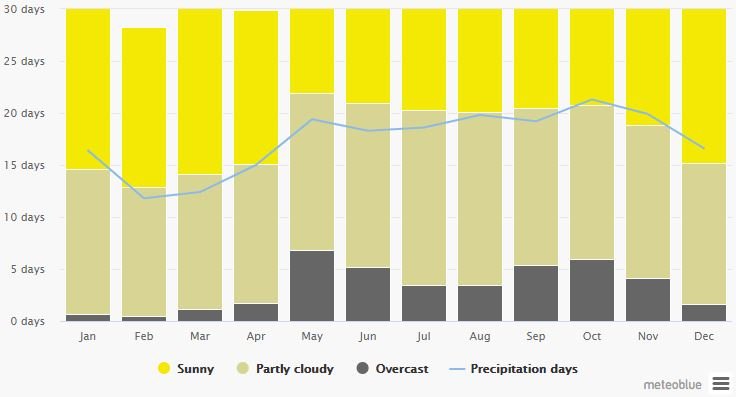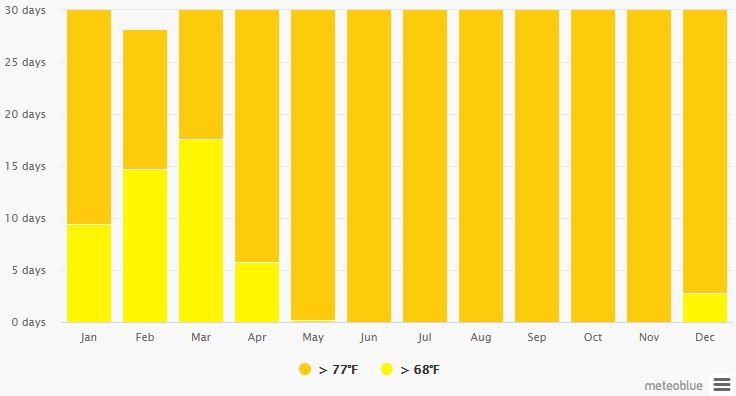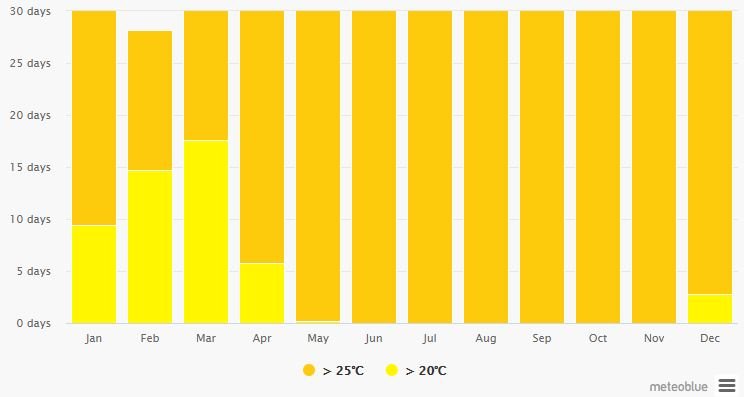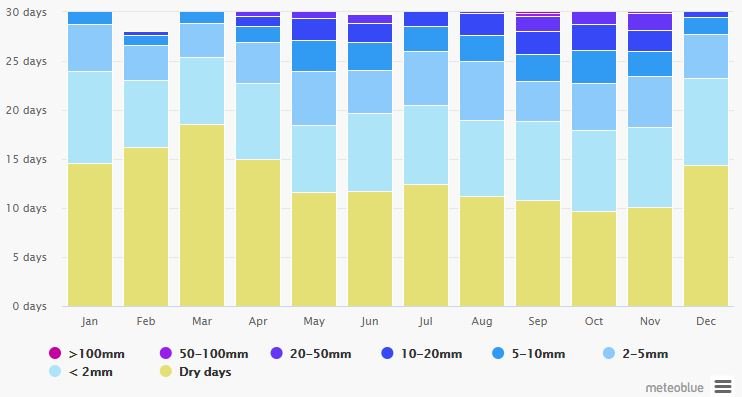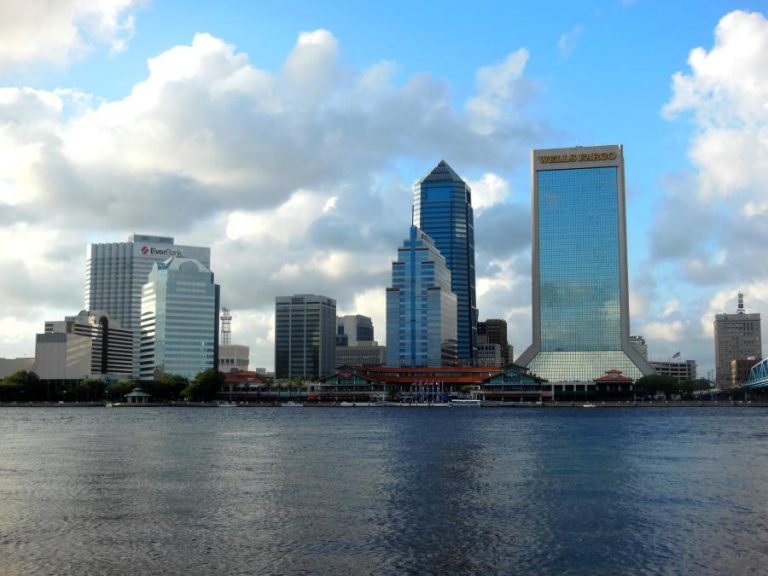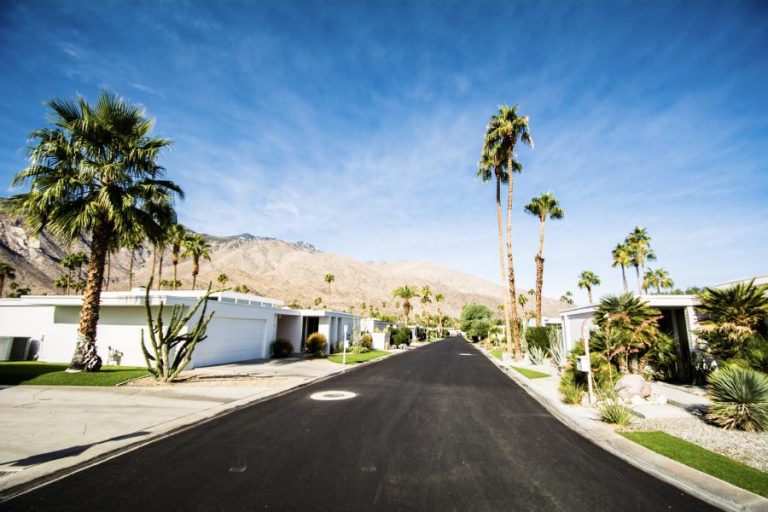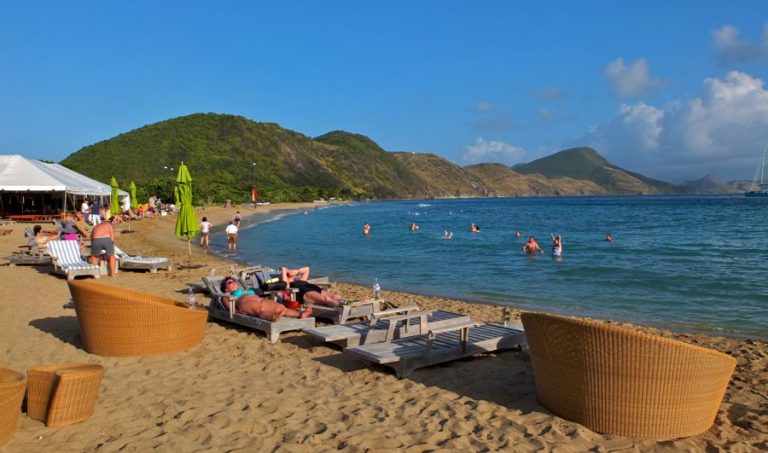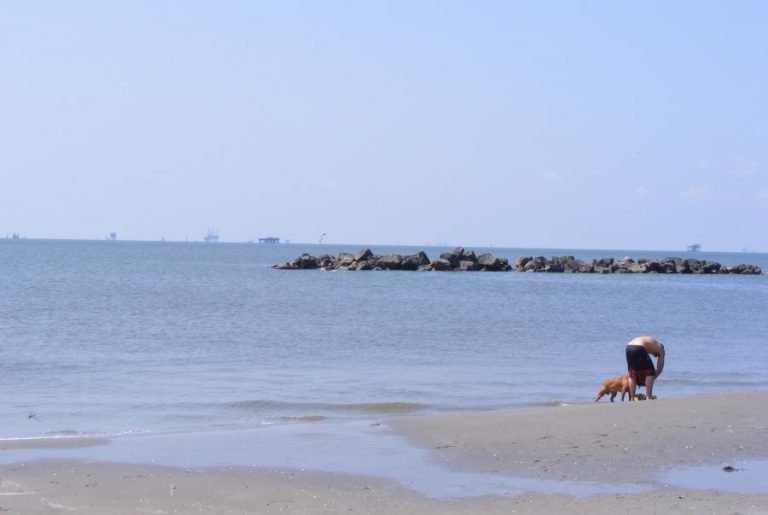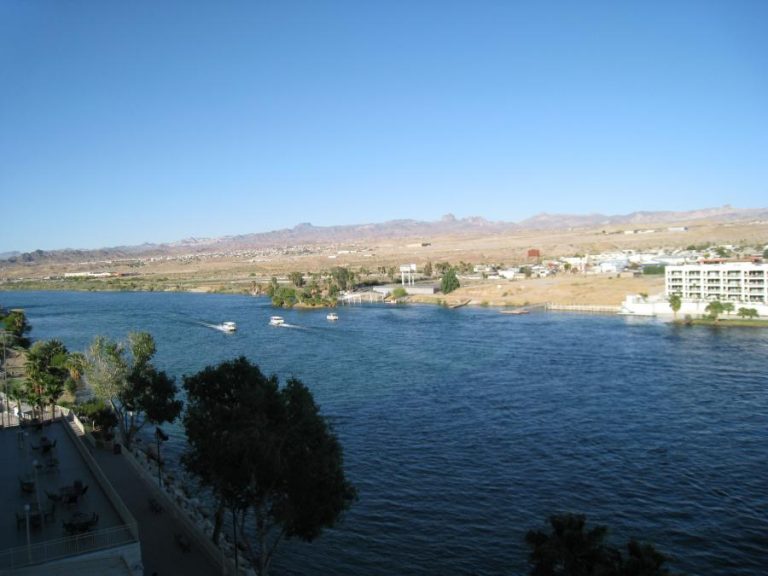Spend Your Fall, Winter, or Spring in The British Virgin Islands: Are The British Virgin Islands A Good Snowbird Location?
The British Virgin Islands (BVI) are 60 islands and cays that are part of a group of volcanic islands in the Caribbean that is a British overseas territory. It comprises 4 main islands and many other smaller ones that are known for reef-lined beaches, and yachting. The capital is Road Town, which is located on the largest island, Tortola. Tortola is also known for Sage Mountain National Park. The Baths, a labyrinth of beachside boulders can be found on Virgin Gorda island.
Visitors from all around the world are attracted to resorts, villas, restaurants, and other interesting tourist attractions. You will find mountainous cliffs, white sand beaches, unique diving, and fishing locations, as well as delicious Caribbean dining experiences on the islands. The official language of the country is English.
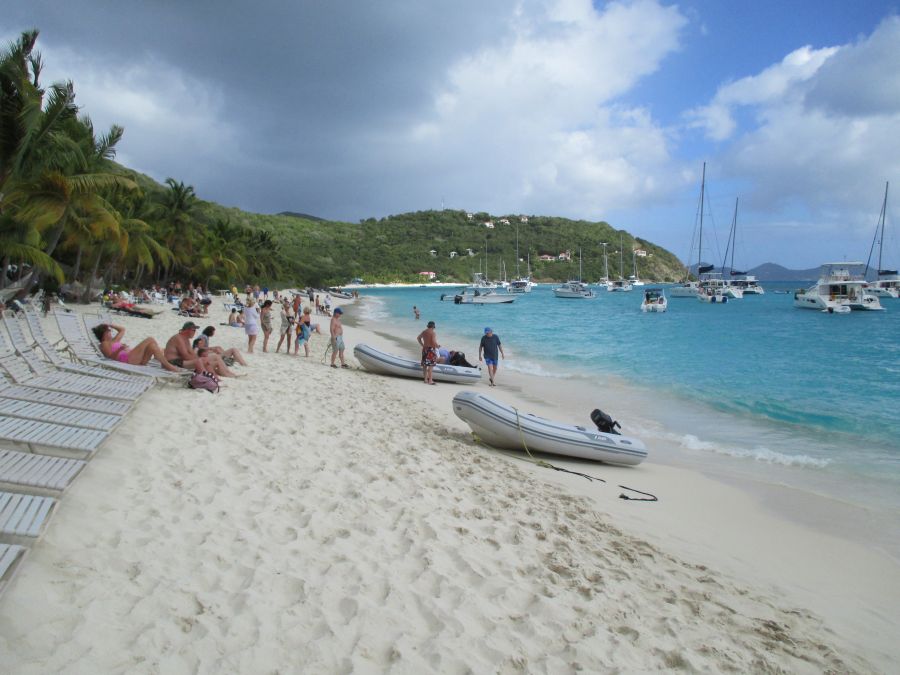
Contents
- 1 Why should people visit during the fall, winter, or spring?
- 2 Climate
- 3 Safety
- 4 Communication, Internet, and cellphone in The British Virgin Islands
- 5 Snowbird locations in The British Virgin Islands
- 6 Things to see in The British Virgin Islands
- 7 Activities in The British Virgin Islands during winter
- 8 Shopping + Restaurants. Are they open in the fall, winter, or spring?
- 9 Transport
- 10 Health
- 11 Accommodation
- 12 Packing List
Why should people visit during the fall, winter, or spring?
Winter or even summer, the British Virgin Islands is an all-year tourist destination. Visiting in the winter, Snowbirds would not only be enjoying the great warm weather that the islands are known for but throughout the holiday, you will be engaged in the different unforgettable adventures the islands have to offer. You will be safe while having the time of life. Shopping and dining will also be an inexpensive but worthwhile experience. Whatever it is you are looking for, the British Virgin Islands have more than enough to offer.
Climate
The British Virgin Islands have a subtropical rainforest climate and are moderated by trade winds. The temperatures remain relatively the same throughout the year. There is much more rain in the summer than in winter. The average annual temperature on the islands is 27°C (81°F). Snowbirds will enjoy long sunny days, with cooler evenings. The winter period normally does not see hurricanes (the hurricane season is from June to November).

For more climate information visit Meteoblue
Safety
Although the British Virgin Islands is considered to be a very safe location, serious crimes, including armed robbery do occur. Snowbirds should take some necessary precautions against petty crime: avoid carrying large amounts of cash or other jewelry around, don't walk alone in isolated areas particularly after dark, and always be mindful of your surroundings and your luggage.
Communication, Internet, and cellphone in The British Virgin Islands
The British Virgin Islands has an effective telecommunication system. Snowbirds could enjoy roaming services or could choose from the mobile operators available on the islands.
The big three mobile service providers are CCT Global Communications, Digicel BVI Ltd, and Lime BVI Wireless. These operators offer customers prepaid and postpaid call and internet plans. There are also several wifi hotspots located around the islands. Most hotels, restaurants, and bars also offer free wifi service to their customers. There is also accessible internet at some public places and cafes for a small fee.
Snowbird locations in The British Virgin Islands
- Peter Island: This is a predominately undeveloped private island about 5 Miles (8 km) southwest from Road Town, Tortola. There are hiking and biking trails to explore the island's indigenous flora and fauna.
- Norman Island: Norman Island is a laid back island at the southern tip of the British Virgin Islands. It is among the islands known to be the inspiration for Robert Louis Stevenson's pirate novel, Treasure Island.
- White Bay: This is a tranquil picturesque bay with delightful bars, white sand beaches, surrounded by clear blue waters.
- Cooper Island: Cooper Island is a small island with a hotel, a restaurant, coffee shop, and other amenities. It is a popular stop for yachts. The island is close to "wreck alley", where there are several vessels that have been intentionally sunk to become dive sites.
Things to see in The British Virgin Islands
- Wreck Alley: Located in Cooper Island, this is a popular diving site made by deliberately sunken vessels.
- The Baths: this is a popular beach area with rock formations on the island of Virgin Gorda.
- Mount Sage National Park: The Mount Sage National Park is a protected area of the British Virgin Islands named after Mount Sage. Mount Sage is the highest peak on the island of Tortola and in all of the Virgin Islands. Its Volcanic peak rises to a height 1716 feet (523 meter). Snowbirds can trek along numerous trails to explore the semi rainforest vegetation.
- Callwood Rum Distillery: This tourist attraction allows you to experience the rum-making process first hand.
- Tortola Pier Park: Tortola Pier Park is a laid bayfront park with great shops & outstanding dining.
- J.R. O'Neal Botanical Garden: This garden is a well-landscaped park with a variety of tropical plants. Some of which you may have never seen before.
- Gorda Peak National Park: This is a national park with some stunning views of the island.
- Old Government House Museum: This small museum has some historical items that tell stories of the island's cultural and colonial past.
- Mount Healthy National Park: This protected area has lush vegetation and landscape, with a variety of animal species. Nature lovers will feel at home wandering surrounded by nature.
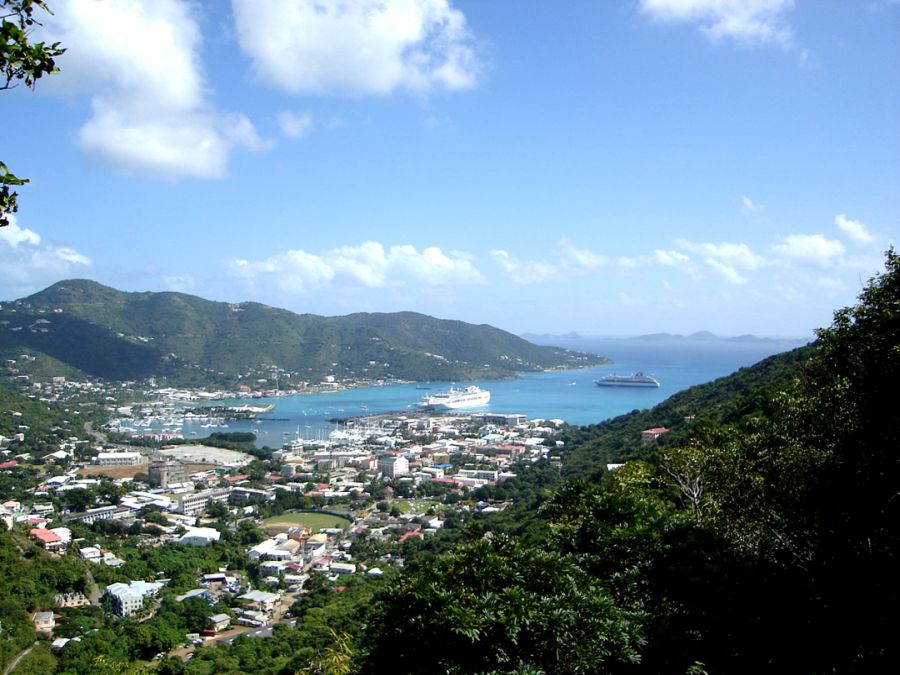
Activities in The British Virgin Islands during winter
- Swimming: At the beaches or in the open sea, you could swim in the warm Caribbean waters with fishes and other sea life around you.
- Snorkeling: The beach areas and other locations are known for a variety of sea life and reefs are ideal spots for snowbirds interested in snorkeling.
- Scuba Diving: Snowbirds can explore the deep waters to see some unique marine creatures, reefs, and sunken ships through diving tours.
- Spa visits: After long days of fun activities, you can treat your body to a wonderful soothing day at the spa for wellness.
- Beach Hopping: Snowbirds can spend their days visiting all of the sandy beaches found all around the British Virgin Islands.
Shopping + Restaurants. Are they open in the fall, winter, or spring?
The islands of the British Virgin Islands all have amazing shops available in hotels, resorts, and other locations on the island. Many of the shops target tourists, so they might be closed during the winter. The available shops offer a variety of brand options from internationally recognized names to other basic items.
There are also different kinds of restaurants where you can enjoy delicious meals. The food on the islands will indulge your taste buds. Seafood, as well as other delicacies, are not in short supply.
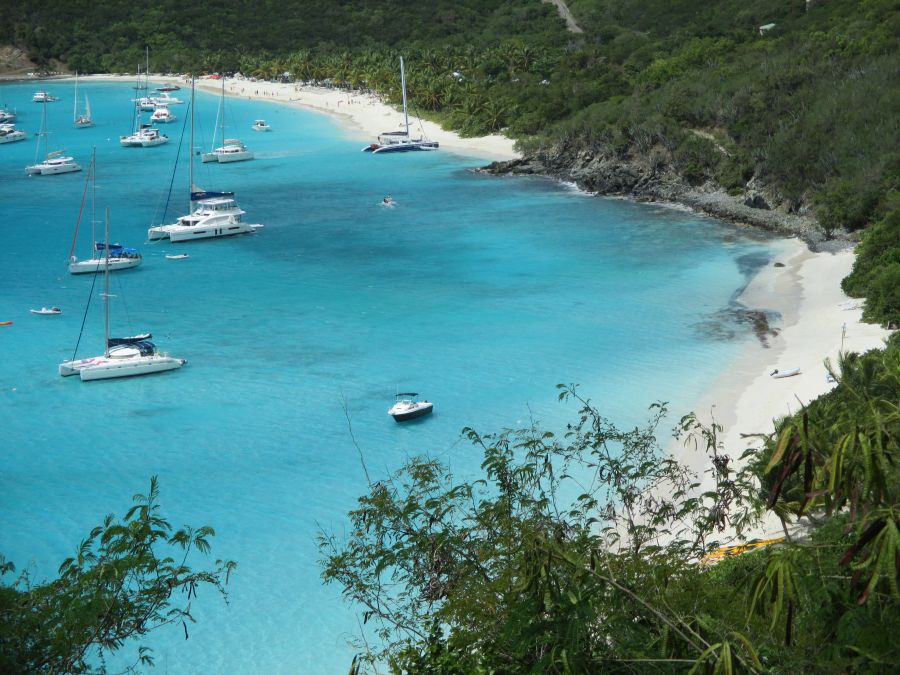
Transport
The most prominent airport in the British Virgin Islands is the Lettsome International Airport. It serves as a bridge to almost all the islands within the British Virgin Islands.
There is no rail service available on the islands. Taxis can easily be found through taxi companies, or by the road. There are also car rental services available but you cannot find them at airports, but you could get a car to pick you up or you could rent a car at other Tortola and Virgin Gorda locations. Driving in the islands could provide several challenges like poorly maintained roads, non-existent laws, and left-hand driving. Water ferries and taxis also provide easy connections with other islands.
Health
The British Virgin Islands has an effective healthcare system that is predominantly serviced by the private sector, with some public support. The only public hospital in the British Virgin Islands is the Peebles Hospital located in Road Town on Tortola. Public medical care is subsidized by the National Health Insurance scheme, meaning that it would be a cheaper option to opt for public care. However, the private sector provides a faster and more comprehensive car. As expected, the doctors and dentists here are well-trained professionals, and they speak English.
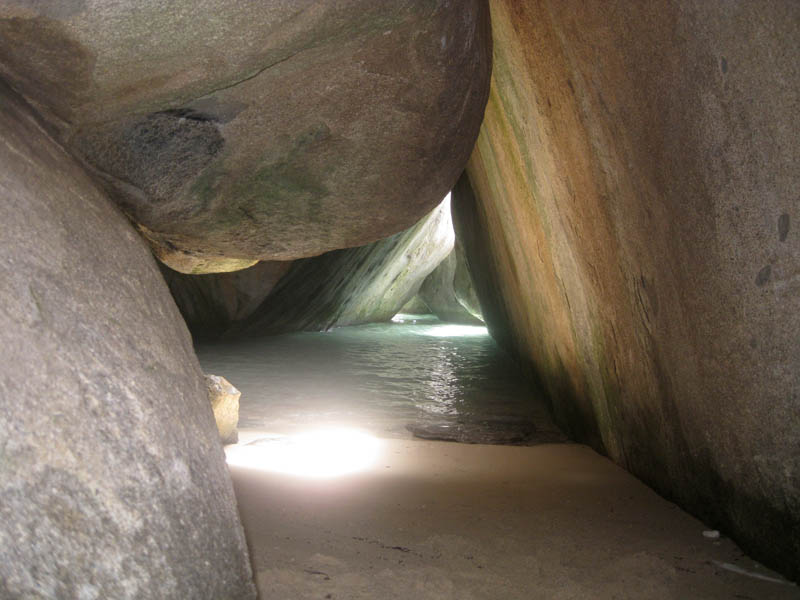
Accommodation
While you may find some five stars rated accommodation with modern facilities available within the islands, they are generally expensive. A three-bedroom apartment on the main islands costs about $2500 (approx. €2348, £2027, $3431 CAD, $3884 AUD) each month. Snowbirds looking to save money won't be favored by such options. In the smaller islands, a two-bedroom flat could be priced at about $1800 (approx. €1690, £1459, $2470 CAD, $2796 AUD) monthly. Sharing accommodation could be a way to save yourself some money.
Packing List
- Weather: The fall, winter, and spring weather in The British Virgin Islands will normally be hot during the day and hot/warm during the night. Of course in the fall and spring it will be warmer than in the winter. You have to pack accordingly.
Other locations close to this location:
If you see this after your page is loaded completely, leafletJS files are missing.
If you have any additions, or comments on the content on this page, please use our contact form to let us know.
Detailed weather during the year for The British Virgin Islands
- Weather in The British Virgin Islands for January
- Weather in The British Virgin Islands for February
- Weather in The British Virgin Islands for March
- Weather in The British Virgin Islands for April
- Weather in The British Virgin Islands for May
- Weather in The British Virgin Islands for June
- Weather in The British Virgin Islands for July
- Weather in The British Virgin Islands for August
- Weather in The British Virgin Islands for September
- Weather in The British Virgin Islands for October
- Weather in The British Virgin Islands for November
- Weather in The British Virgin Islands for December
What to do during the year in The British Virgin Islands
- What to do in January in The British Virgin Islands
- What to do in February in The British Virgin Islands
- What to do in March in The British Virgin Islands
- What to do in April in The British Virgin Islands
- What to do in May in The British Virgin Islands
- What to do in June in The British Virgin Islands
- What to do in July in The British Virgin Islands
- What to do in August in The British Virgin Islands
- What to do in September in The British Virgin Islands
- What to do in October in The British Virgin Islands
- What to do in November in The British Virgin Islands
- What to do in December in The British Virgin Islands

